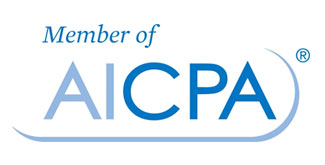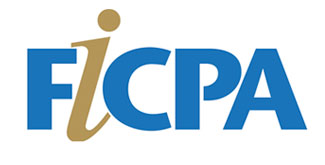Bunching Deductions into 2019
As you may know, TCJA significantly increased the standard deduction for all taxpayers. This means that many individuals who previously received a tax benefit by itemizing deductions no longer do, because taking the standard deduction is more advantageous. For 2019, the standard deduction is $12,200 for single taxpayers, $24,400 for married taxpayers filing a joint […]
Medical Expenses and Health Savings Accounts
For 2019, your medical expenses are only deductible as an itemized deduction to the extent they exceed 10 percent of your adjusted gross income. Depending on what your taxable income is expected to be in 2019 and 2020, and whether itemizing deductions would be advantageous for you in either year, you may want to accelerate […]
Mortgage Interest Deduction
If you sold your principal residence during the year and acquired a new principal residence, the deduction for any interest on your acquisition indebtedness (i.e., mortgage) could be limited. The TCJA limits the interest deduction on mortgages of more than $750,000 obtained after December 14, 2017. The deduction is limited to the portion of the […]
Home Office Expenses
When the TCJA eliminated the miscellaneous itemized expense deduction, it eliminated the ability of employees to deduct home office expenses. However, taxpayers with their own business can still file a Schedule C and take a home office expense deduction if part of the home is used for that business.
Charitable Contribution Deductions
As a result of the increase in the standard deduction, some taxpayers are no longer getting a benefit from itemizing their deductions, such as charitable contributions, as they once were. However, as noted above, you can still help charities and get a tax benefit if you contribute enough to get over the standard deduction amount […]
Retirement Planning
By investing in a qualified retirement plan you’ll not only receive a current tax deduction, thereby reducing current year income tax, but you can sock away money for your retirement years. If your employer has a 401(k) plan and you are under age 50, you can defer up to $19,000 of income into that plan. […]


